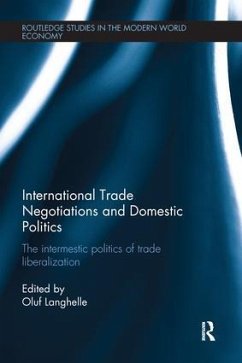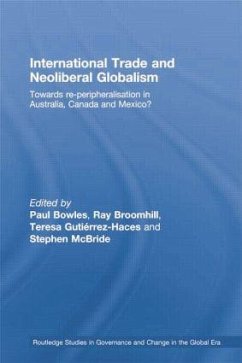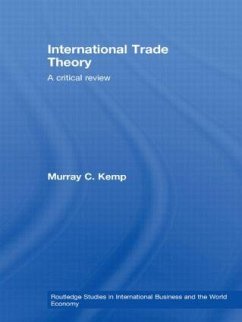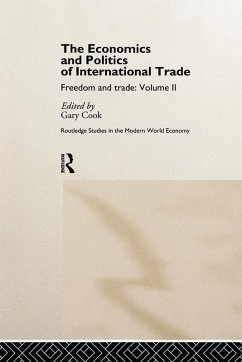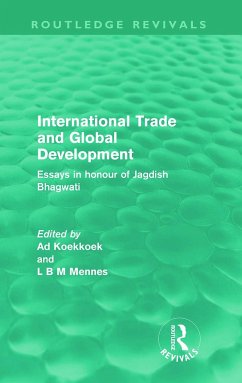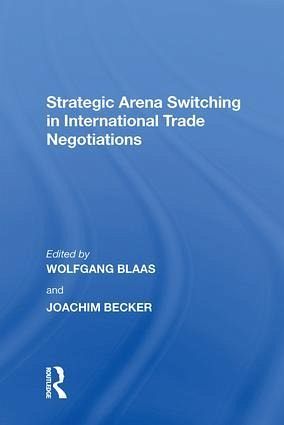
Strategic Arena Switching in International Trade Negotiations
Versandkostenfrei!
Versandfertig in 1-2 Wochen
21,99 €
inkl. MwSt.
Weitere Ausgaben:

PAYBACK Punkte
11 °P sammeln!
Since the 1970s global rule-making with respect to international trade has increased in importance. Political and academic attention has been focused either on global institutions like the IMF, the World Bank, the WTO and UN organisations, or on regional blocs like the EU or NAFTA. As negotiations take place in different international arenas, these arenas themselves take on added strategic significance, with agendas pursued and switched from one arena to another, should one route be blocked. While dominant actors have sought to use arena switching to their advantage, subordinate actors have be...
Since the 1970s global rule-making with respect to international trade has increased in importance. Political and academic attention has been focused either on global institutions like the IMF, the World Bank, the WTO and UN organisations, or on regional blocs like the EU or NAFTA. As negotiations take place in different international arenas, these arenas themselves take on added strategic significance, with agendas pursued and switched from one arena to another, should one route be blocked. While dominant actors have sought to use arena switching to their advantage, subordinate actors have begun to reactivate alternative arenas of negotiation in order to pursue their different agendas. This book employs a multi-level and multi-arena perspective to analyze global rule-making in international trade. It explains why actors - both state and non-state actors - prefer particular arenas. It also addresses the question of which institutional designs serve the aims of specific groups best and how the rules of the different arenas are related.





